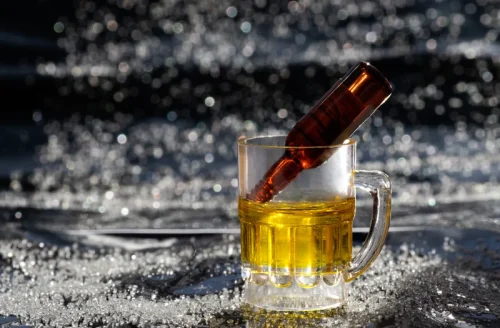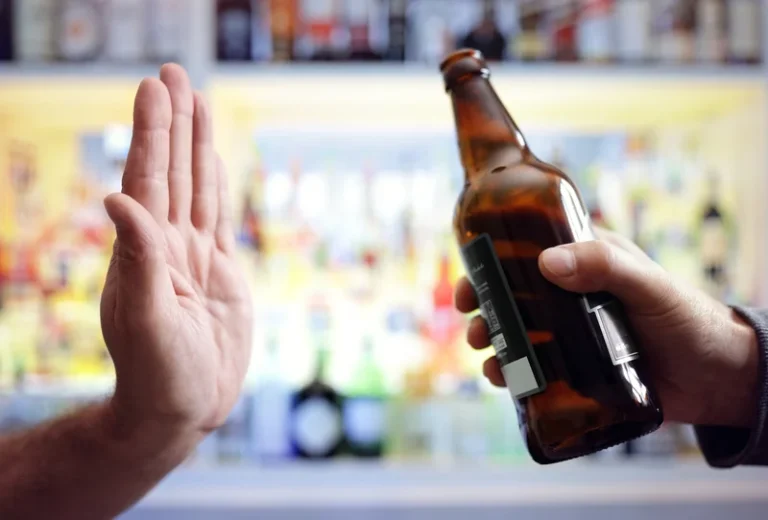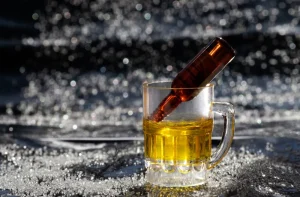
If you like coffee with your creamer, or always reach for a caramel macchiato at your local coffee shop, you’re adding fuel to the jitter fire. When you sip on that hot, bold, flavorful cup of joe, you feel yourself waking up almost immediately. You can even turn to this delicious beverage for that early afternoon pick-me-up.
How to feel more confident in meetings (or Zoom meetings)
- When people experience these tremors when they stop drinking, they usually need help to quit.
- The AHA notes that water is the most healthy beverage for rehydrating.
- But there can also be a feeling of anxiety and panic the next day.
- In severe cases, a condition called delirium tremens may develop, characterized by seizures and potential fatality 2.
Shaking, whatever the cause, is unpleasant, and you will want to know how to get rid of shakes after drinking. It can be challenging to raise your blood glucose levels because the person may struggle to keep food or liquids down without vomiting or feeling nauseated. When you drink heavily, it may weaken your heart muscle, damaging the heart’s effectiveness to pump blood everywhere in the body. As the alcohol leaves the system, tremors and shaking can happen due to the effect that alcohol has on the brain. It is a depressant and will slow or delay responses in the nervous system. It also affects the area of the brain that controls movement and coordination.
- However, some other conditions, such as tremors, may need medical treatment.
- They monitored 102 men and women who were regular drinkers during a month of no drinking.
- Maybe you realize you’ve started drinking a bit more to feel the same buzz.
- It’s also possible to experience mood-related symptoms, including feelings of anxiety.
- The problem is that once you stop drinking, that influx of GABA goes away, taking with it the feelings of calm and relaxation.
What are Alcohol Shakes (Tremors)?
- It can vary from person to person, but they are a common symptom of alcohol withdrawal.
- Don’t be afraid to add a splash of cream into your cup, or to have a glass of water and some food.
- Identifying the signs and symptoms of alcohol dependency can help individuals seek proper medical assistance to address their condition effectively.
- Alcohol withdrawal symptoms occur because the body relies on alcohol to function.
- It’s essential to seek medical attention to ensure the issue is unrelated to DTs.
In addition to the caffeine in your coffee, the actual beverage itself can facilitate the jitters. Everyone jittery after drinking knows that caffeine helps you feel more energized, waking you up in the morning or giving you a boost in the early afternoon. Alcohol use disorder can be hard to manage with moderation alone.

Health Products

You may develop withdrawal symptoms if you become dependent on alcohol. Hangxiety is a mix of « hangover » and « anxiety. » This term describes the embarrassment, regret, and shame you might feel after a night of drinking. These feelings typically accompany classic hangover symptoms like a headache, fatigue, and nausea. Research has found that some people have « hangxiety, » or anxiety after drinking alcohol. A blinding headache, nausea, and fatigue are the classic signs of a hangover. Anxiety and irritability can also occur with a hangover the day after drinking.

Why Do I Get The Shakes After Drinking Alcohol?
- Some evidence suggests that as an evening wears on—often after you have gone to sleep—alcohol boosts glutamate receptors.
- I’ve spent the last seven years researching and understanding alcoholism, addiction, and how people get sober.
- It’s struggling to adapt to the changing alcohol levels in the system.
- 💙 Establish boundaries with yourself and address your Cravings if you find yourself missing caffeine once you begin to reduce your intake.
- When your body receives the nutrients it needs, it feels better, and you’re less tempted to drink.
Likewise, some chronic conditions that cause these symptoms might improve when a person engages in healthy lifestyle habits. If you’ve done that and you’re still not feeling like yourself, the quality of coffee beans you’re drinking could also be to blame for the worst of your symptoms. Too much caffeine in the short term can lead to coffee jitters, but too much caffeine can have more severe effects in the long term. Increased stress and anxiety levels, cardiovascular problems, and digestive issues are risks of too much caffeine over time. If you’ve had the caffeine jitters once, you likely know how much you had to ingest to feel those adverse side effects.
When you’re dehydrated, your body doesn’t have enough fluids to carry out its normal functions, including keeping your muscles working smoothly. When you drink alcohol, it messes with the balance of certain neurotransmitters in your brain—specifically GABA (Gamma-Aminobutyric Acid) and glutamate. In people who don’t have diabetes, the cause of reactive hypoglycemia often isn’t clear. The following are answers to two frequently asked questions about hangover shakes. Cerebellar tremors result from damage to the brain area known as the cerebellum, and its connections to other brain areas. There are several reasons a person might experience tremors with a hangover.

Stress can impact the immune system and make you more susceptible to things like the common cold and flu. A drop in blood sugar can cause dizziness, confusion, weakness, nervousness, shaking, and numbness. These symptoms can most certainly trigger a bout of anxiety after excessive drinking. You may experience brain fog after drinking which can make it hard to focus and concentrate. By practicing moderation, staying hydrated, and nourishing your body with healthy foods, you can significantly reduce the incidence and severity of hangover shakes.
